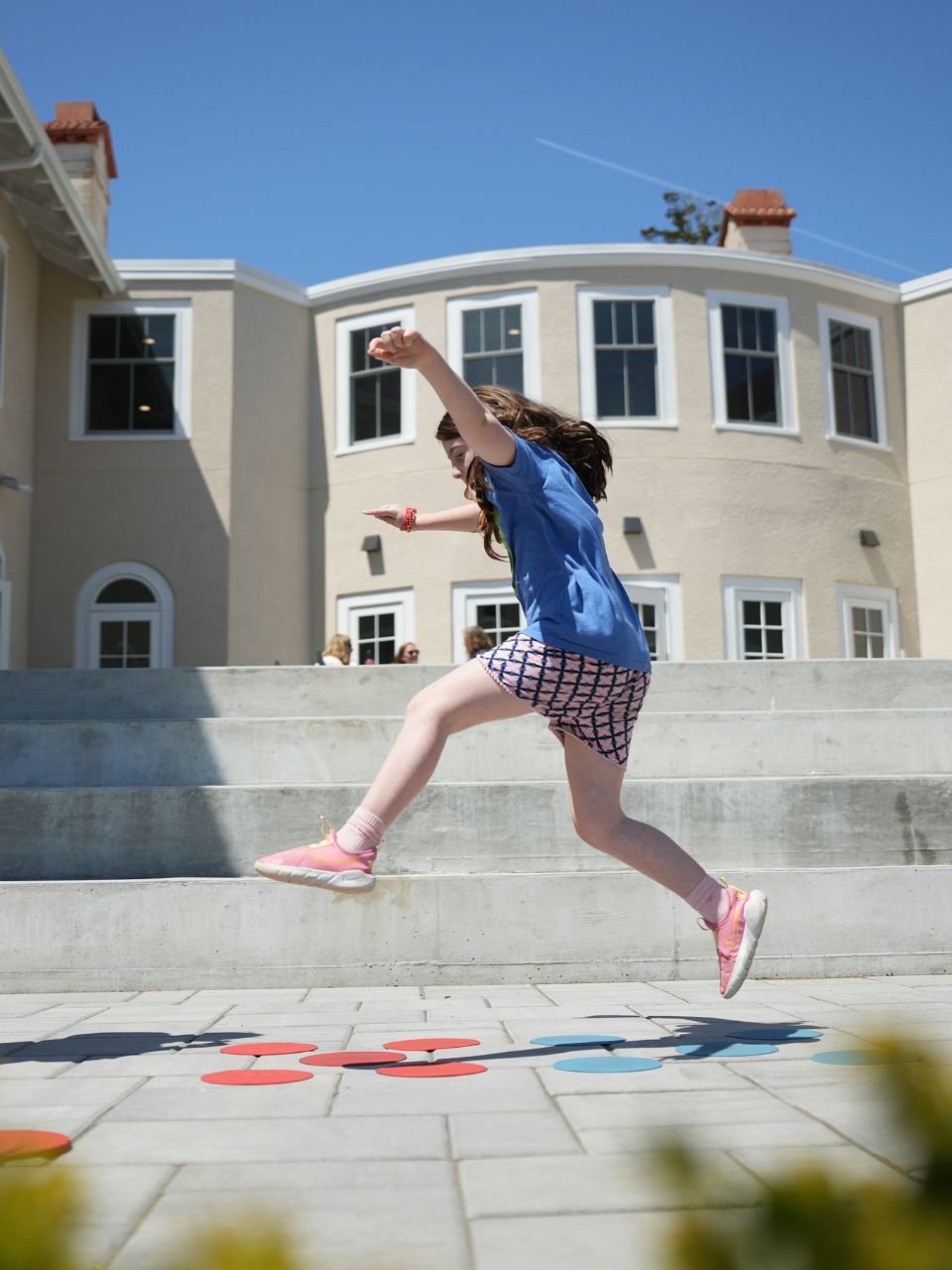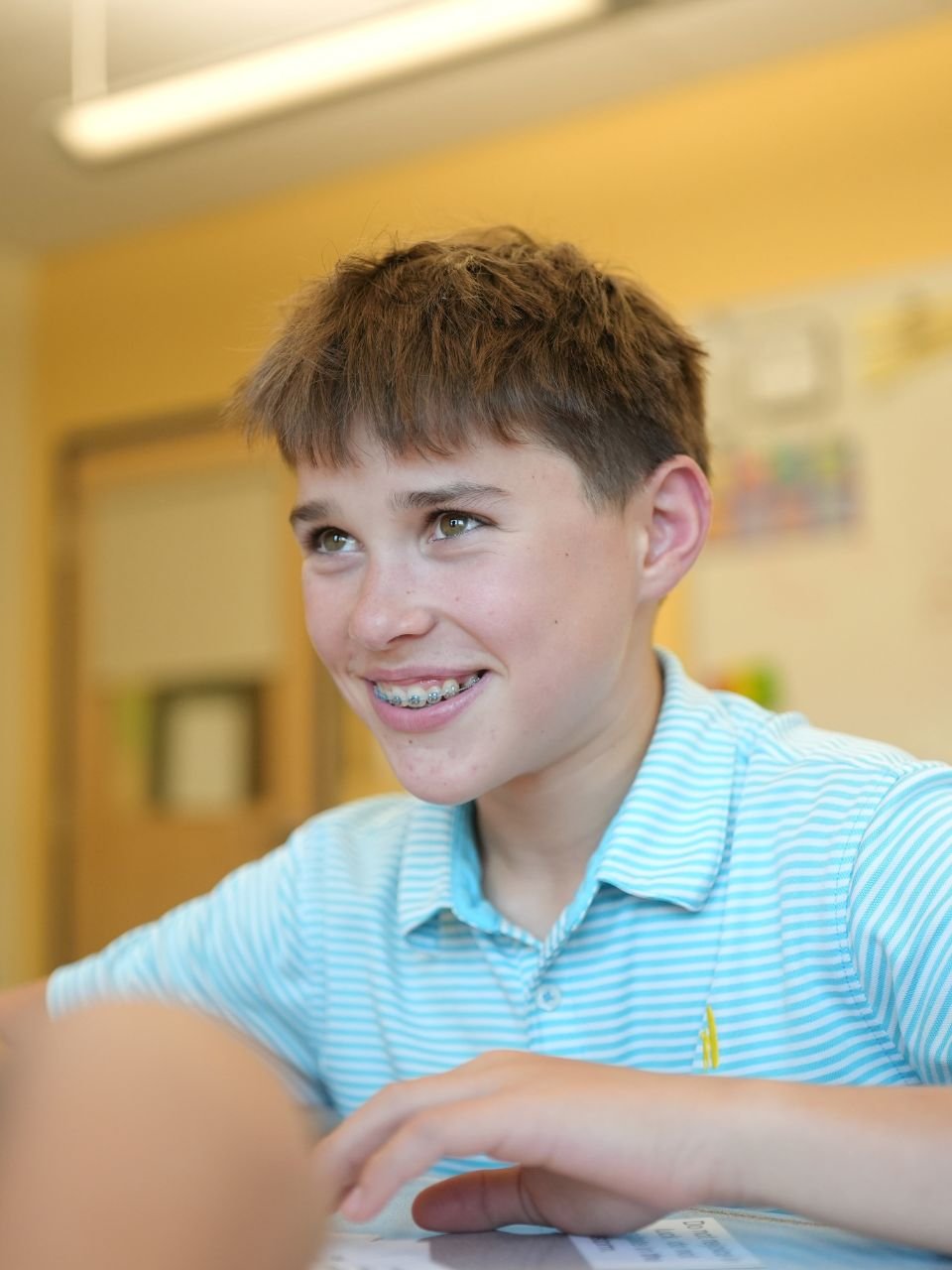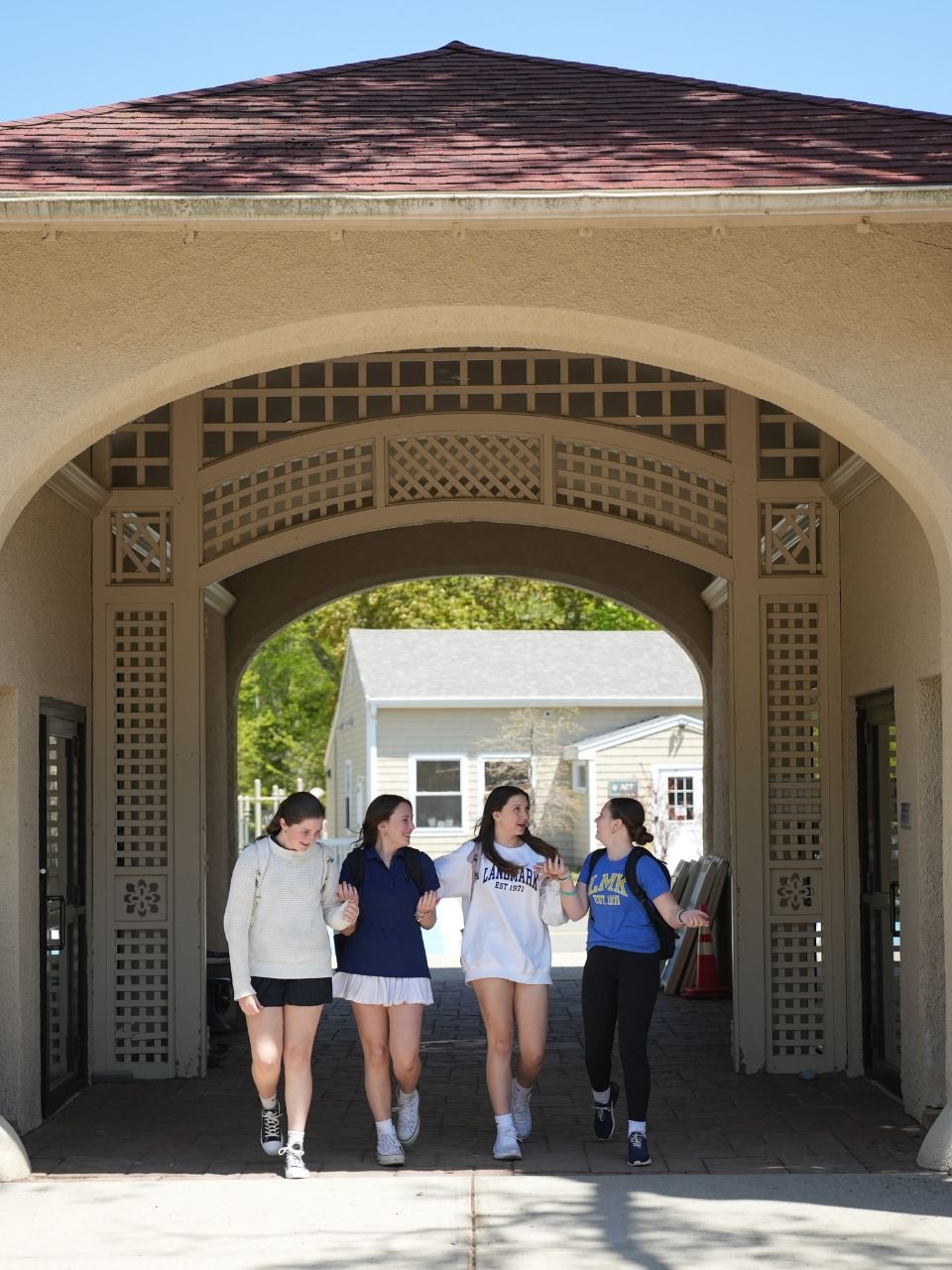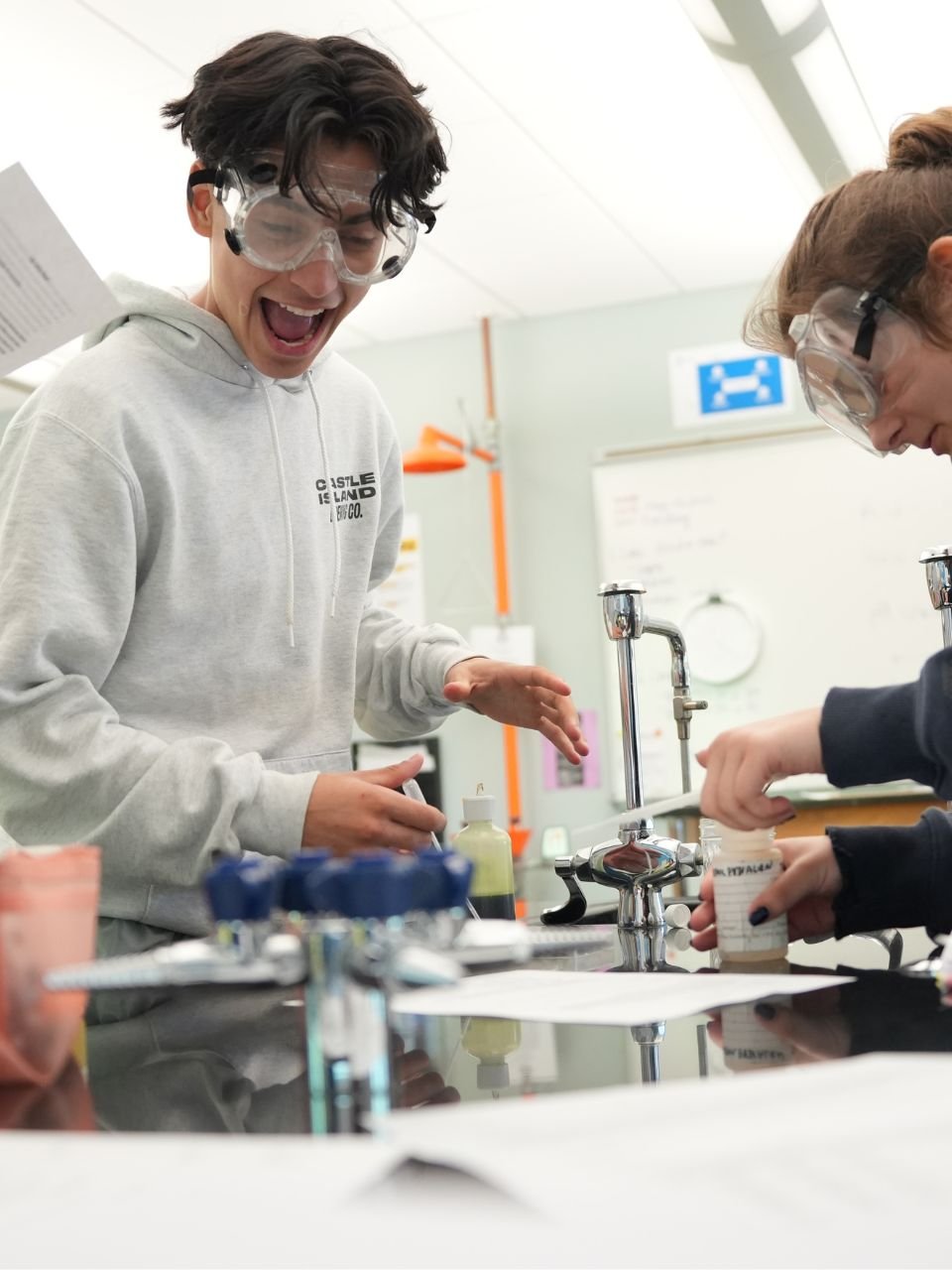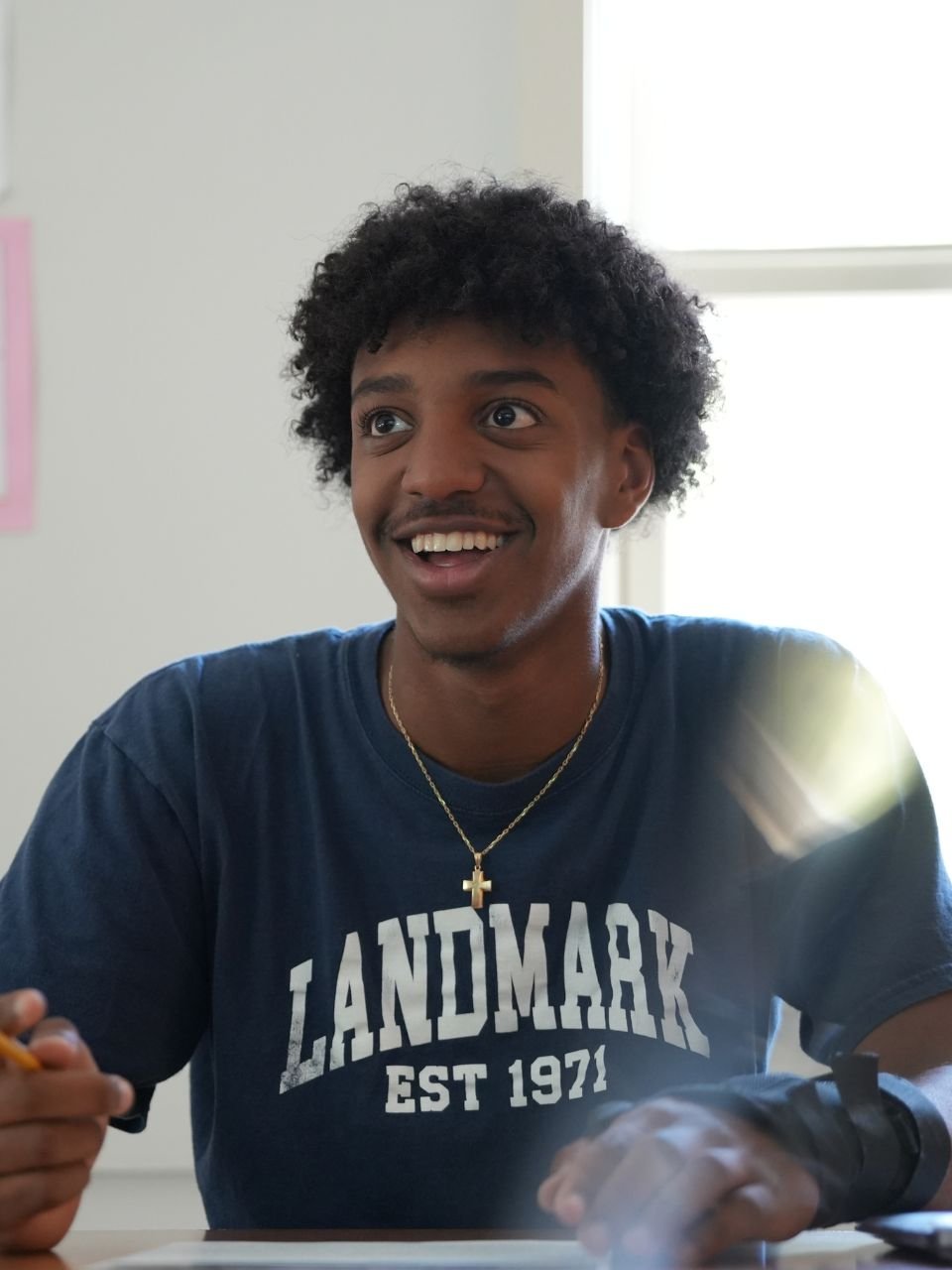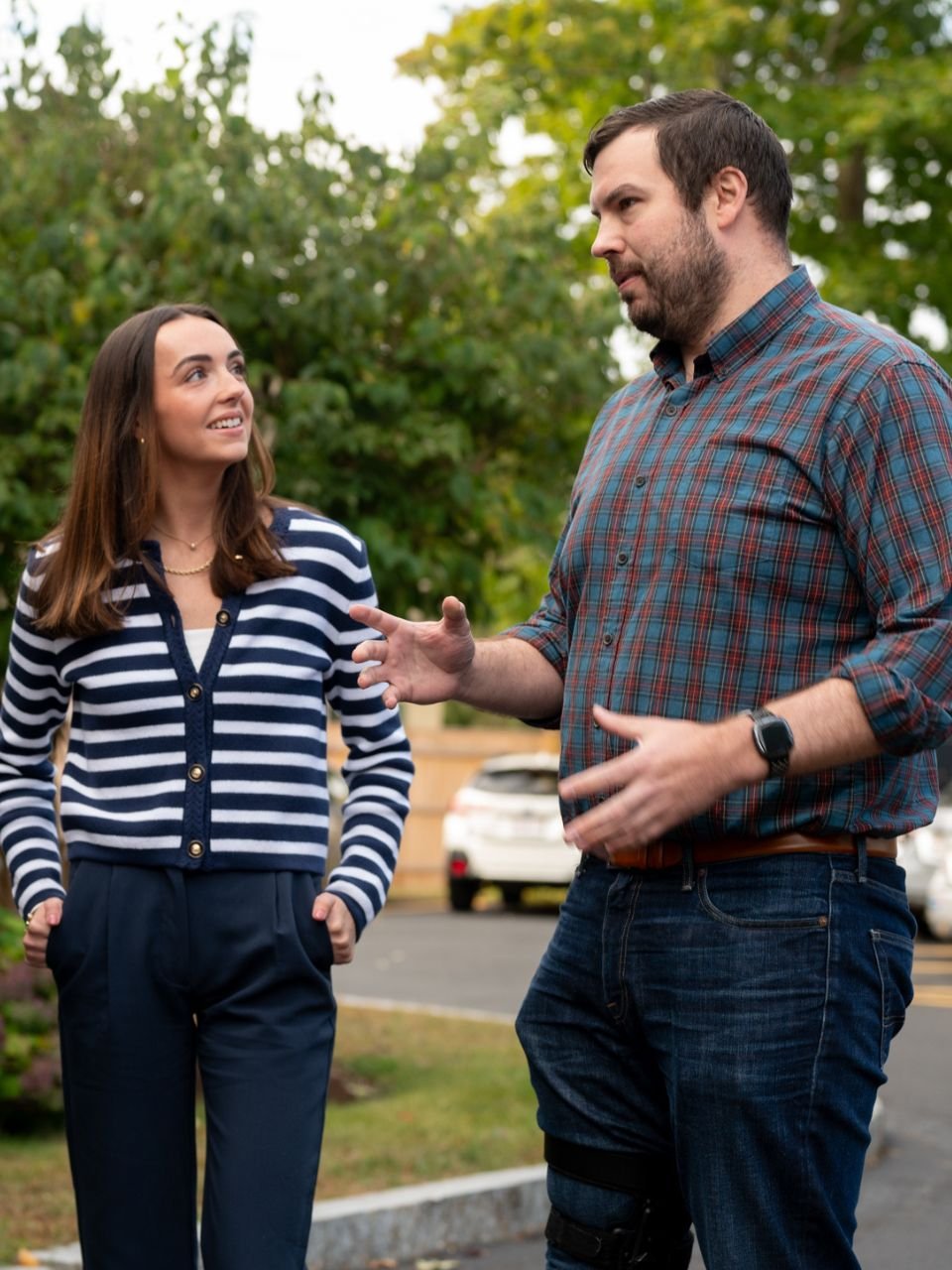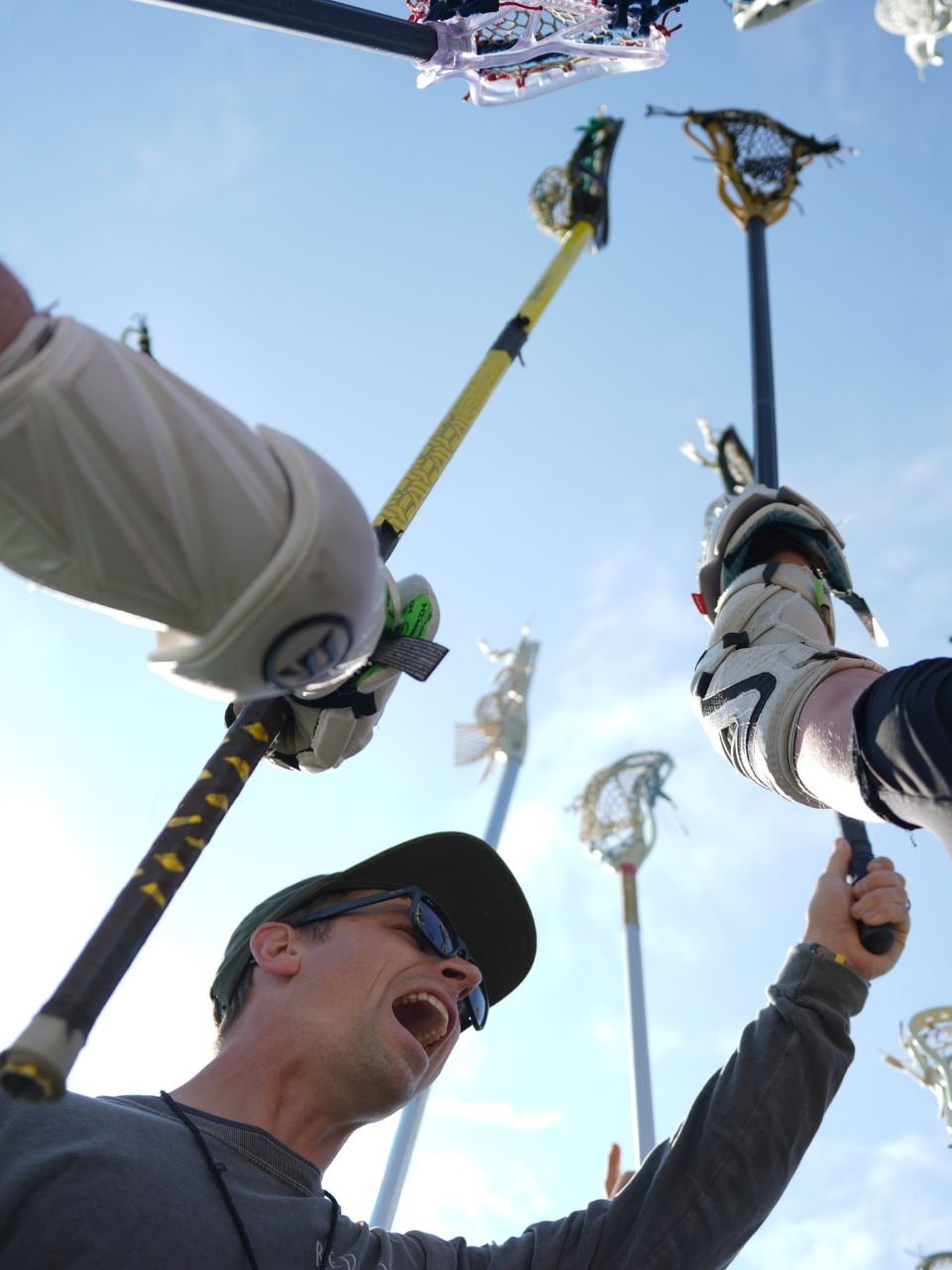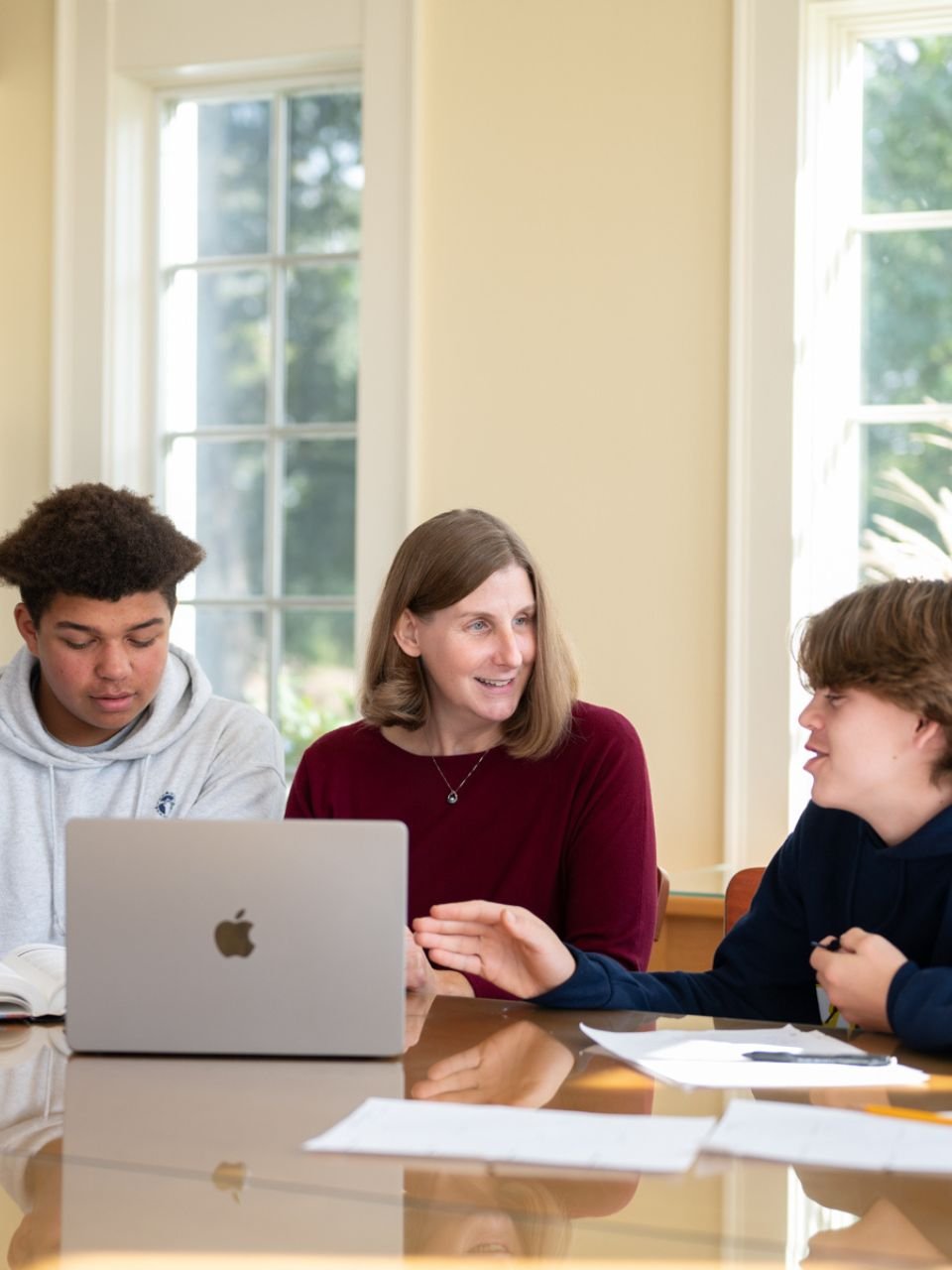- Our School
- Our Advantage
- Admission
- Elementary•Middle School
- High School
- Summer
- Giving
- Parent Resources
- For Educators
- Alumni
« Back
Empowered By Their Learning Differences
January 6th, 2020
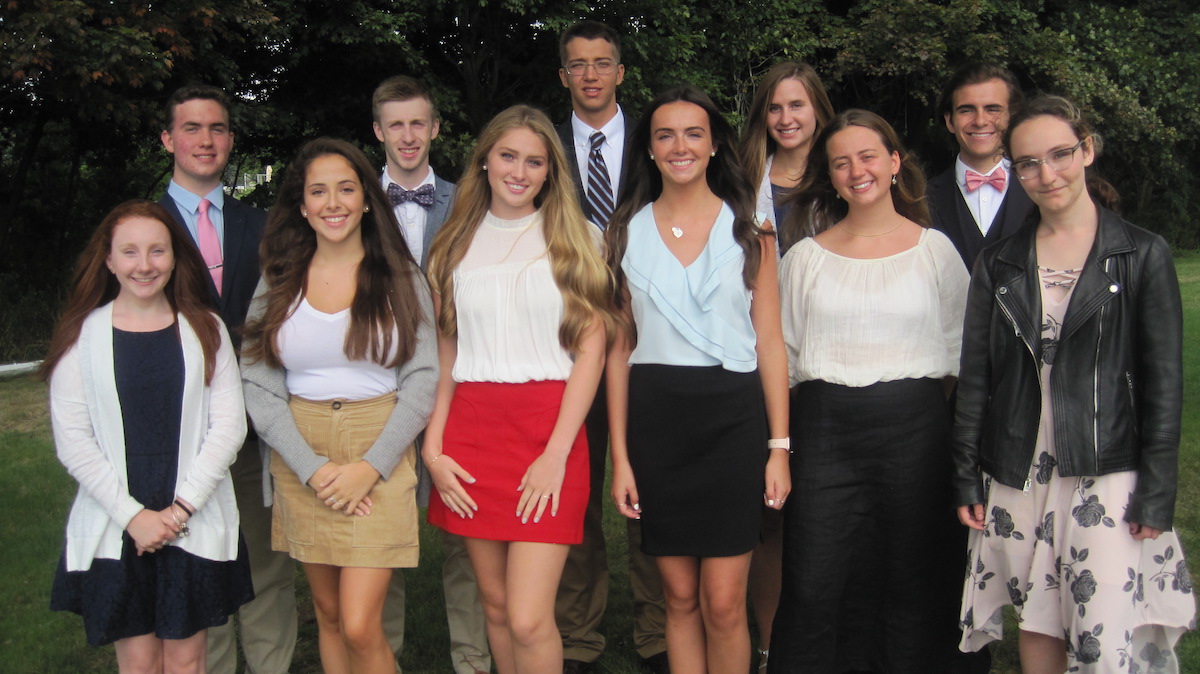
There’s no doubt that having a language-based learning disability (LBLD), such as dyslexia, affects students in the classroom. They may struggle with listening, speaking, reading, or writing; managing time, materials, or information; or self-advocacy and self-regulation. LBLDs also factor into students’ lives outside school, in social situations and at work, for example.
Several of Landmark School’s Student Advocates talked about how their LBLDs influence their personal lives. While their learning differences certainly pose challenges, these students embrace their disability and find inspiration from it.
The Student Advocates are a small group of seniors who deliver presentations about their learning differences to graduate and undergraduate education students at local colleges and universities, as well as to students, teachers, and administrators at elementary and middle schools. Their personal accounts are honest, powerful, and eye-opening.
Several of the advocates said they feel empowered by their learning difference, whether it boosts their creativity or drives them to exceed the expectations of those who don’t understand what it means to have a learning disability.
Joe, who plans to study architecture in college, thinks that his learning disability has enhanced his creativity and eye for design subtleties. “I've always found that with architecture I tend to be a critical thinker and designer, and I can see things that other people can’t see when it comes to structures,” he said. For example, “somebody might look at a building and say, ‘Wow, that’s a cool building.’ Meanwhile, I see that building has some components of Victorian architecture, and it also has some of this and some of that. Due to having a learning difference, I can notice things that others don't.”
People sometimes think I’m not able to do something because I have a learning disability. I prove to them that I’m much more capable than they immediately expect. —Lucie
Similarly, Lucie credits dyslexia with gifts that will help her succeed in every aspect of her life. “I’m super organized, have a creative mindset, am an abstract thinker, and have well-developed social skills that will take me far,” she said. In addition, Lucie takes pride in proving people wrong who doubt her abilities. “People sometimes think I’m not able to do something because I have a learning disability. I prove to them that I’m much more capable than they immediately expect.”
Isa’s working memory deficits affect her in situations such as job interviews. “Absorbing content coming at me really fast is difficult,” she said. “In job interviews, my biggest anxiety is they are going to tell me crucial information that I won’t remember, so through Landmark I’ve learned to write things down and create to-do lists. I’ll bring a pen and paper to the interview.” Having a learning difference has helped Isa develop an enviable outlook on test scores. “If I don’t do well on a standardized test, it doesn’t mean I’m not intelligent. Having a learning disability (LD) helped me see that getting a certain number on the SAT doesn’t indicate my intelligence or affect my self-worth. I think having an LD has allowed me to move past those types of ranking of worth.”
Other advocates reported that working can be difficult and stressful, but they overcome these challenges by using strategies they learned at Landmark or by focusing on their strengths.
Having a learning disability (LD) helped me see that getting a certain number on the SAT doesn’t indicate my intelligence or affect my self-worth. I think having an LD has allowed me to move past those types of ranking of worth.—Isa
When John started working as a salad chef, he had a difficult time memorizing the recipes and he made a few mistakes. He used strategies to commit them to memory. “I took pictures of the recipes and quizzed myself before and after every shift,” he said. Perhaps because of some of the difficulties he has faced, John considers himself an empathetic problem solver. “I've always been great at solving social conflicts or helping people combat whatever they're struggling with at the time.”
Jessup’s job can also be stressful as a result of his LBLD. He works at a family-owned grocery store, and he sometimes takes phone orders for fruit baskets. He said that customers can get annoyed if he asks them to repeat information. “I try to avoid that part of the job!,” he said. An eager, ambitious, and enthusiastic student, Jessup embraces his learning disability because it has helped him view education “more positively than many other students. I care about my education a lot.”
Liz shares Jessup’s sunny outlook about having dyslexia. “I would say I am a creative person and I often see things in a different way than others,” she said. “I believe this is because of my dyslexia, and this has helped me in numerous ways.” And like John, Liz works in food service and has struggled at times, particularly with spelling some menu items. “When I'm typing in the orders on the computer there are certain words, 'marinara' for example, that I don't know how to spell. My coworkers don’t understand that even though I spell it about 10 times a day, I can’t spell it correctly even if I just typed it 10 minutes ago,” she said. “I explain to my co-workers that I have dyslexia, a learning difference but they don’t always understand it.”
The Student Advocates are going a long way in helping people understand that learning differences don’t make a person less capable and these differences can in fact be a gift that helps them see the world through a different lens. As Lucie said, these students will go far in life.
Posted in the category Learning.





